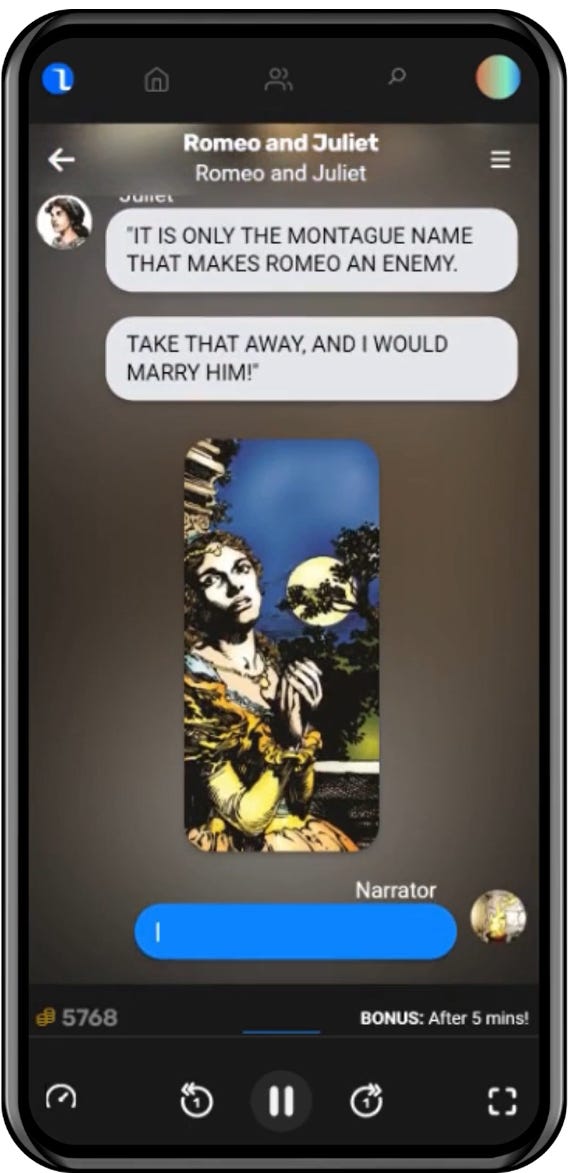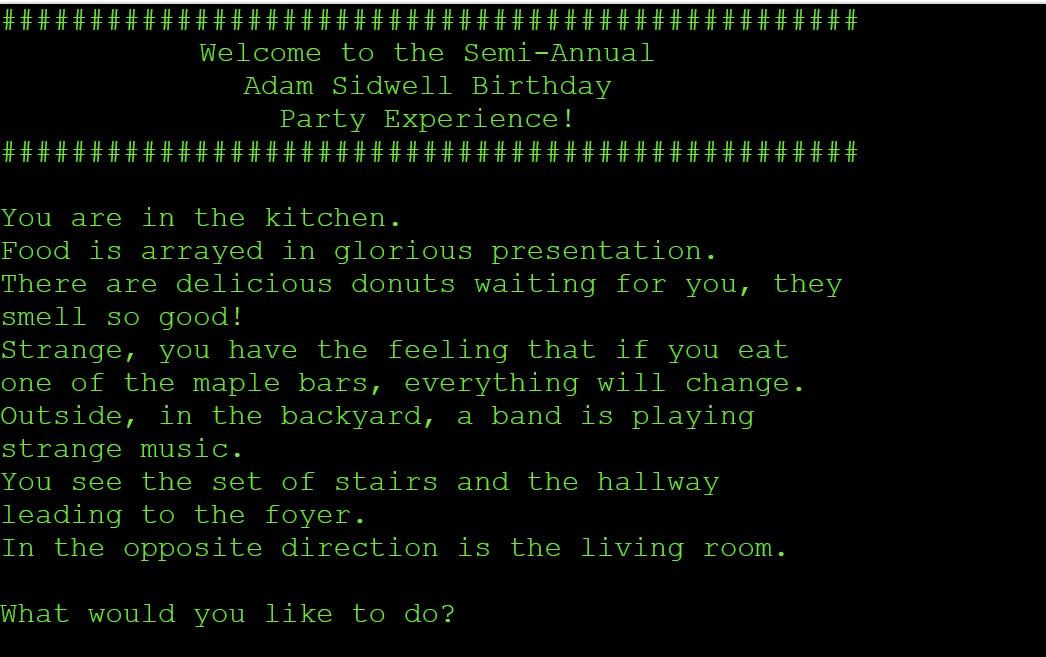Do you long for the good ol’ days when high literature like Tale of Two Cities or Great Expectations captured the minds of the public? That’s what smart people read! If only we weren’t mired in the serialized drivel nowadays that is self-published direct to Kindle. Or those short little tweets that are rotting our brains.
But it turns out that Charles Dickens was drivel, at least in the eyes of some people.
He embraced the clever innovation of cutting up his books into bite-sized chunks and selling them a couple chapters at a time.
It allowed the poorer class to afford his books, just like an installment plan. He would publish as he’d go. People were on the edge of their seats, waiting for the next book to come out (not unlike me waiting for the next episode of the Mandalorian).
Then he’d mash them all together when he was done, make a few edits, and viola, we got works like David Copperfield and Oliver Twist.
Sometimes, that led to meandering plots and impossible coincidences.
Format molded story.
Oh well. It also gave us Scrooge. And transformed the very essence of the novel.
Novels Were Dangerous
There was a time during the 19th century when some people argued that novels were rotting our minds. They worried that novels were so absorbing, that poor, defenseless readers who read them too much wouldn’t be able to distinguish fantasy from reality.
That sounds just like Virtual Reality.
Not to say that they weren’t right. Novels have changed, ever so subtly, the way humans think about story structure and our frameworks for the world. They absorb us in a way nothing else can.
I love to dive deep into the pages of a good novel. I love to write them too. Paperbacks are still my favorite form of reading.
But I’m also fascinated by new, emerging forms of storytelling.
Take Literal for example. They’re breaking up stories into text message-sized chunks and serving them to students on their phones. It’s perfect for the twitter generation that has grown up reading on devices.
Choose Your Own Adventure
Add branching narratives as a structure, and suddenly you have good ol’ text-based adventure games. Maybe we can still get lost in those. I had a birthday party a few months ago and I wanted to keep all my friends and their kids entertained with something new. So I wrote up a good ol’ fashioned text-based adventure game in python to run parallel to the party. Then my friend John refactored the code for the web. You could actually explore my house before you even got to the party.
It’s glitchy, but it was fun. It’s still running, so you can go back in time and live the party adventure game for yourself right here (it works better on mobile):
(Pro tip: if you’re not able to enter text, highlight the last line of text in the game, then click on the input line. It’s just a prototype :D… so don’t share it just yet)
This could be the beginning of something great.
I wonder if these kinds of text-based adventure games, but with deep storytelling, and real character development should make a comeback. What if we took the books we published, like Etherwalker or Sands or Evertaster and split them up into bite-sized chunks with branching narratives?
Would that be a recipe for a new kind of storytelling?
Would you want to read stories that way?
Tell me what you think in the comments:
See you in the future.
Adam Sidwell
Creative Director
Future House Publishing & Future House Studios
And Another Thing…
Books Recommendations: readers responded to my last email with these picks: Stormlight Archives by Brandon’s Sanderson (I’ve read these. I love the first one). Skyward series, also by Brandon Sanderson. Beyonders by Brandon Mull.
Sword of the Week: Grasscutter or Kusanagi-no-Tsurugi. It’s legendary. From Wikipedia:
The lord had fiery arrows loosed to ignite the grass and trap Yamato Takeru in the field so that he would burn to death… Desperately, Yamato Takeru used the Ame-no-Murakumo-no-Tsurugi to cut back the grass and remove fuel from the fire, but in doing so, he discovered that the sword enabled him to control the wind and cause it to move in the direction of his swing.
Book we published: Sands by Kevin Nielsen. I could really see this one turned into a text-based adventure. It’s like Dune meets Hunger Games. And I loved Dune.
Social Media: A lot of conversation going on here about Davy Jones and the good ol’ days at Industrial Light + Magic (where they make Star Wars). Come tell me what you think.







I serialized my gothic novel via Substack in honor of those historic greats! The project gained 5,000 newsletter subscribers and $16,000 in revenue. (Not quite Alexandre Dumas’ 10,000 subscribers and $64,000 per chapter that he received serializing The Count of Monte Cristo, but much better than plopping it on Amazon!!
https://ellegriffin.substack.com/s/obscurity
I
I think the serial novel is the past and the future of the novel. And subscriptions are a much better way to monetize fiction than unit sales. Especially if the reading size is small! (Dumas wouldn’t have made nearly as much selling 10,000 copies!)
I think Wattpad is evidence that trend will continue. Even Amazon started a serial fiction branch with Amazon Kindle Vella to compete. But yes, that means authors will have to get over the dream that they can write and let someone else market. We have to be entrepreneurial with our craft just as Dickens was!
I think many books could be converted into the 'adventure game' format, and would appeal to a new generation of reader :)